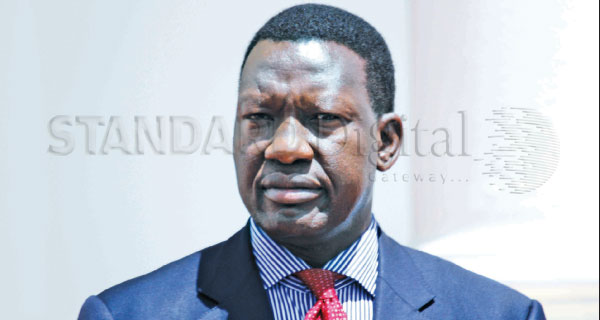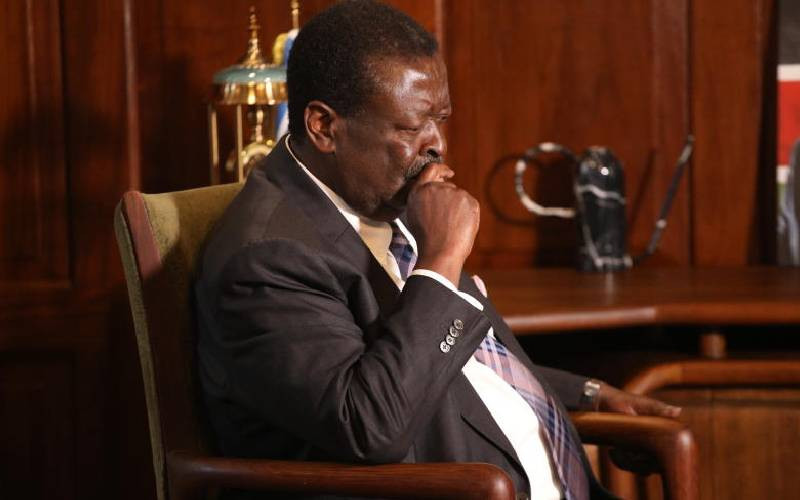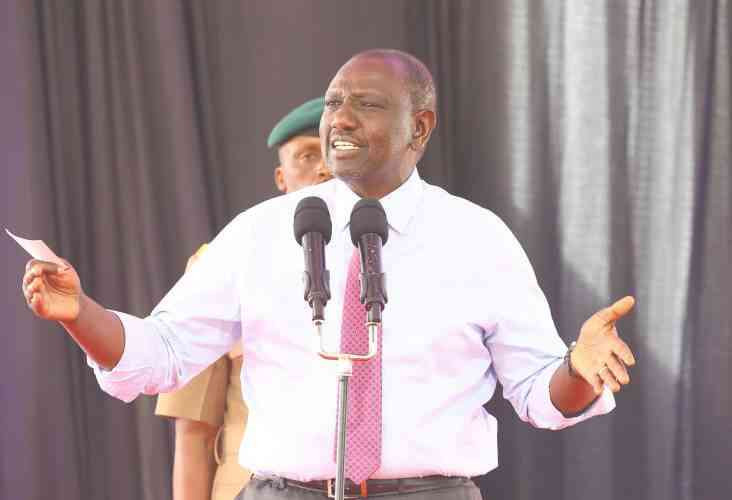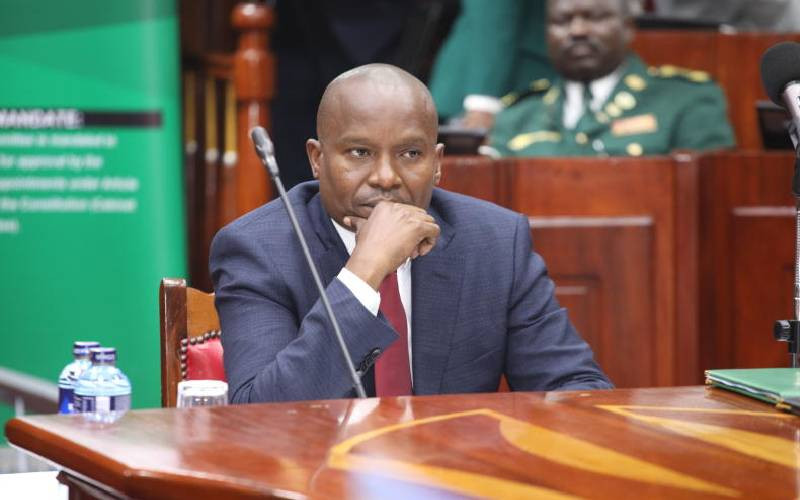 |
|
Cabinet Secretary, Ministry Of Energy and Petroleum , Davis Chirchir. The current power system was designed for supply to homes and not industry. |
By JACKSON OKOTH
Kenya has invited bids from investors for the development of two power plants with a combined output of up to 1,800 megawatts (MW) from coal and natural gas, according to details from Ministry of Energy and Petroleum.
The ministry said it is seeking investors to develop a 700-800 MW natural gas fired plant near the port city of Mombasa.
“The proposed project will be a 700-800MW power plant to be located on a 300 acre parcel of land at Dongo Kundu or any other appropriate location between Mombasa and Kilifi,” the ministry said in a statement.
The ministry also plans to build a 900 to1, 000MW coal power plant in Lamu. Already, the government wants to develop a $5.5 billion mega port in Lamu to link landlocked South Sudan and Ethiopia to the Indian Ocean.
This bidding process marks the beginning of a road map that will see Kenya increase electricity generation capacity by 5,000MW from the current 1,644MW to 6,700 MW in 40 months. On the list of projects expected to increase demand for electricity includes construction of the standard gauge railway, setting up of Konza city and other ICT towns.
County governments
Also planned is construction of an oil pipeline from South Sudan to Lamu as well as the mining industry, irrigation projects and demand by the newly formed county governments.
“We are also going to upscale power purchase agreements, which have been taking too long to conclude as well as deal with transmission and distribution challenges,” said Joseph Njoroge, Principal Secretary-Ministry of Energy and Petroleum. With increased generation capacity, the generation cost in $ cents is projected to reduce from 11.30 to 7.41.
Commercial and industrial tariff will also fall from 14.14 to 9.00 and domestic tariff from 19.78 to 10.45.
The 5000 MW additional generation capacity will be developed from geothermal-1646 MW, Natural Gas 1,050 MW, Wind 630 MW and coal 1,920 MW, all under the framework of public private partnership (PPP).
According to Davis Chirchir, Cabinet Secretary, Ministry Of Energy and Petroleum the country has a power deficit of 500 MW at present and 1,664 MW that has been developed over the past 50 years.
“What we have was designed for supply to homes and not industry and that is why many manufacturers are either struggling or have shut their operations, relocating to cheaper destinations,” he said
Publish requests
The Ministry is expected to shortly publish requests for proposals inviting Independent Power Producers (IPPs) to participate in generation while the Government concentrates in transmission and distribution.
Stay informed. Subscribe to our newsletter
The government has already allocated Sh80 billion in the 2013/14 budget, a large bulk of which would be used in transmission and distribution.
With capacity of 1,664 MW against a maximum-recorded demand of about 1,410MW, Kenya is under pressure to boost power generation as east Africa’s biggest economy is expected to expand at more than 5 per cent.
The government last month said it wants to add 5,000 MW to Kenya’s power output by 2017 to accelerate growth, which is expected to push Kenya’s power demand up to 15,000MW by 2030.
The Chinese government earlier this year pledged to support Kenya’s efforts in increasing geothermal power generation.
Chinese Ambassador to Kenya Liu Guangyuan said that Beijing’s support in geothermal power production would help lower the cost of energy and attract investments.
 The Standard Group Plc is a
multi-media organization with investments in media platforms spanning newspaper
print operations, television, radio broadcasting, digital and online services. The
Standard Group is recognized as a leading multi-media house in Kenya with a key
influence in matters of national and international interest.
The Standard Group Plc is a
multi-media organization with investments in media platforms spanning newspaper
print operations, television, radio broadcasting, digital and online services. The
Standard Group is recognized as a leading multi-media house in Kenya with a key
influence in matters of national and international interest.
 The Standard Group Plc is a
multi-media organization with investments in media platforms spanning newspaper
print operations, television, radio broadcasting, digital and online services. The
Standard Group is recognized as a leading multi-media house in Kenya with a key
influence in matters of national and international interest.
The Standard Group Plc is a
multi-media organization with investments in media platforms spanning newspaper
print operations, television, radio broadcasting, digital and online services. The
Standard Group is recognized as a leading multi-media house in Kenya with a key
influence in matters of national and international interest.










